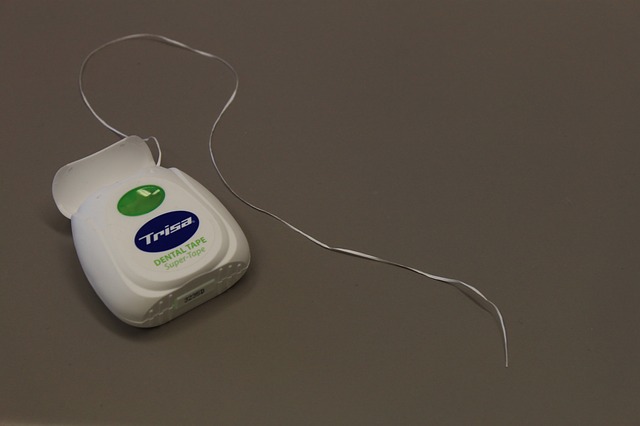Parents usually lose their patience when working with small children. Doing kids’ homework may cause a parent to flare up and give up. They leave the child not only confused with his homework but also confused about their parent’s reactions.

Your child’s assignment at home is one good way of boosting your quality time together. It feels good for a child to know that their parents are interested in their school work and are ready to give a hand for him to progress academically.
Don’t give your child that bad feeling of resentment and rejection just because he fails to understand what you are trying to say or what you are asking him to do. Here are a few steps in accomplishing your child’s homework smoothly:
1. Decide what you need to do
Homework can be many and begin with the things which your child finds ease in answering.
2. Prepare what you need
Homework in language and reading might require dictionaries and other language books. If the assignment is on arts, ask your child to prepare colouring materials and art stuff before heading on with the activity.
⇒ Related Read: 8 Simple Ways To Happier Homeworking With Your Child
3. Set up study area
Set up the study table or the study room more conducive for you to understand each other. Switch off television and radio which might get your child’s attention.
4. Determine your child’s style of learning
If your child can process visual information well, he can definitely understand easily when concepts are spoken out loud. Other children would opt for a soft voice. If you do not know how your child can learn easily, consult his teachers.
5. Read out the assignment first
If you think the child can do and manage alone, you can leave him alone. But make sure to reiterate that he can always ask questions that he finds difficult to answer on his own.

6. Understand that the child is at a lower level of understanding than you are
Concepts that seem easy for you may already be very difficult for him. Use language and instructions that are fit for your child’s age. This will avoid repetition and triggering of your anger.
7. Allow the child to answer first
If you think he is not directed to the correct answer, then it is time for you to help out. As much as possible, guidance is what your child needs. You don’t have to answer the questions for him.
Learning is fun especially if done the right way. The feeling of seeing your child learn through you is already an achievement for parents. Make up for those times you spent at work instead of bonding with your children by allotting an hour or so to help out your child with his homework.
⇒ Related Read: Helping Children With Their English Homework
* * * * *
Like what you see here? Get parenting tips and stories straight to your inbox! Join our mailing list here.
Want to be heard 👂 and seen 👀 by over 100,000 parents in Singapore? We can help! Leave your contact here and we’ll be in touch.


























































Leave a Comment: